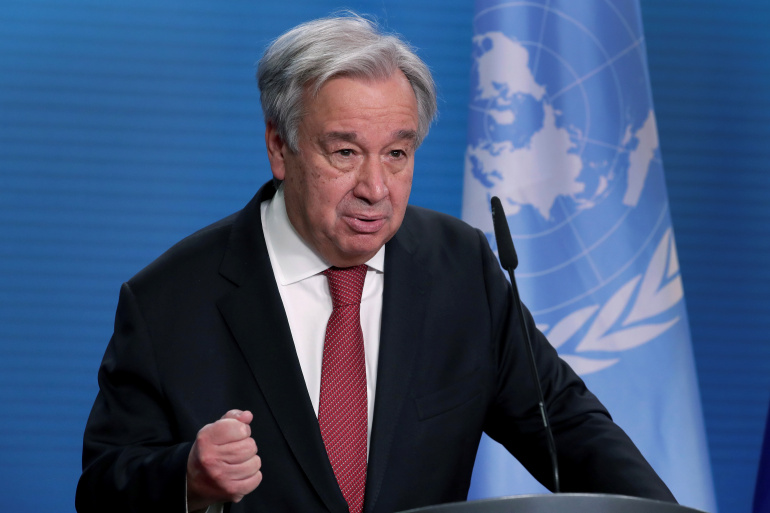" Improving governance, and improving confidence between governments and people, is essential. "

António Guterres
UN Secretary-General
Urban Observatory is an innovative model for urban data monitoring, collection and analysis. In their design and implementation, however, citizens and their participation are not yet central . The challenge we are focusing on is: how we can make them more citizen-oriented and participatory.

Background
Cities are increasingly recognised as key influencers, connectors and contributors to the global challenges. The recent proliferation of smart city policies across the world has given digital infrastructure, urban data and software design a critical role to play. ‘Urban observatories’ have thus emerged in many cities as organisations to facilitate knowledge transfer between and among different actors involved in the governance of the city. It’s becoming an urban data platform to mediate between researchers and decision-makers.
The Urban observatories trend is gaining momentum, including other technical innovative tools for better understanding cities such as digital twins. It is all thanks to rapidly evolving simulation and modeling capabilities, better interoperability and IoT sensors, and more availability of tools and computing infrastructure.
This means more cities would explore opportunities to use urban observatories to make data-driven decision (in real time), and design new products and services. Urban observatories are created and networked at different levels: local, national, and globally. Global Urban Observatory Network for example established by UN-HABITAT to implement the New Urban Agenda at the national and local levels. This domain is not solely occupied by government organisations and universities. The urban observatory project created by Richard Saul Wurman (TED creator), RadicalMedia, and Esri aims to use the world’s urban data to compare and contrast maps of cities.
Our story
Since 1960, most of urban observatory experiences across the world have been oriented towards data management and visualization. They served mostly as intermediaries between urban policy makers and academicians, and less between public and decision-makers.
A recent research on urban observatories have found ‘dialogue’ does not often take place in urban observatories. Of the thirty two observatories analysed, the study shows only 16% offer a platform for dialogue about urban challenges between different stakeholders. Whereas, most of the focus in urban observatories is given to data collection and knowledge production.
The biggest challenge is yet to come, as more cities are changing to become ‘smart’, and more reliant on initiative like urban observatory. There is a concern that they are moving away from dialogue-making between decision-makers and public, and instead focusing on collecting ‘evidence’ for improving urban governance.
Our challenge is how to ensure dialogue remains central in the design and development of urban observatories; How urban observatories can become more citizen-oriented? Considering various dimensions of responsible innovation, how can we can address social and ethical concerns related to development of urban observatories?
